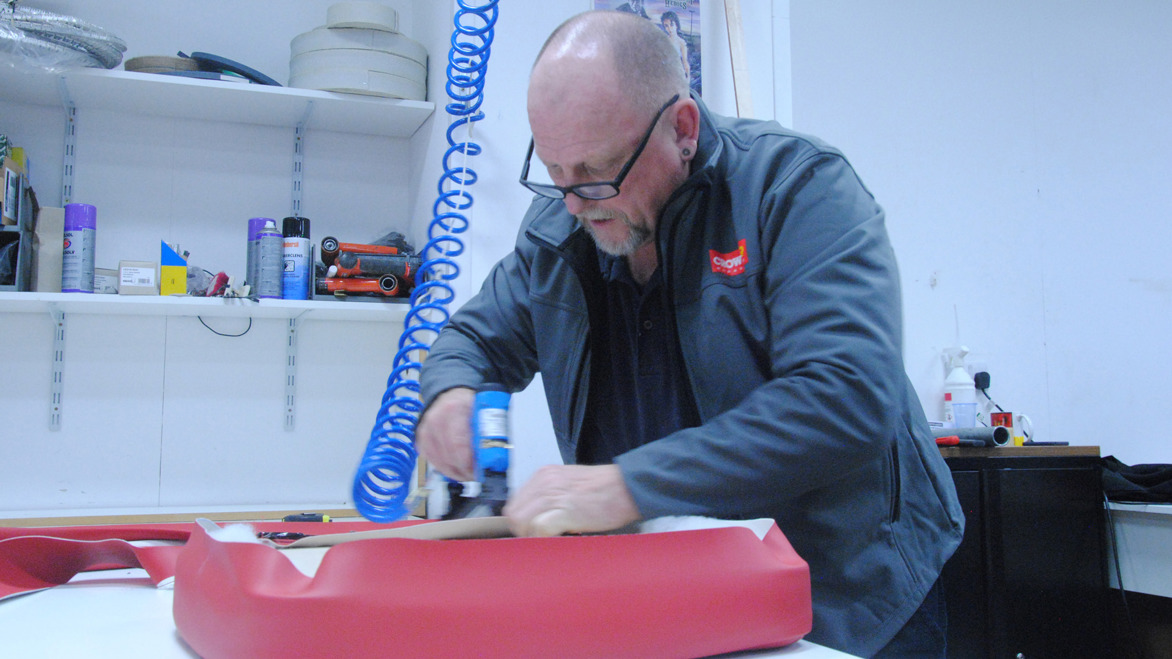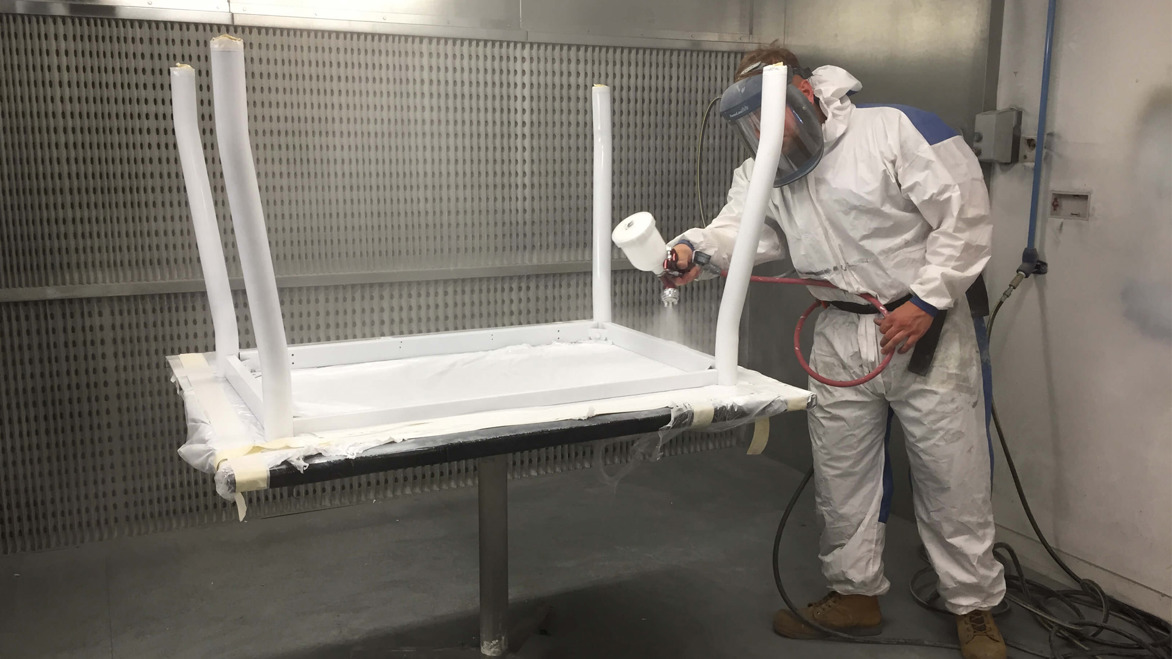Crown Workspace discuss the impacts of reuse in libraries
Organisations including libraries, have recognised the urgent need to address the climate crisis by working towards achieving net zero emissions
27 Jul 2023

As part of their sustainability initiatives, organisations are striving to reduce their carbon footprint and minimise their environmental impact in a variety of ways. However, many organisations, including libraries, often struggle with the cost implications associated with these efforts.
Libraries, as community hubs and educational institutions, play a crucial role in promoting sustainable practices, but a lack of funding and resources can mean that their potential in this area is limited. However, one area where libraries can adopt sustainable measures and make a significant difference is with furniture refurbishment.
Furniture Refurbishment
Furniture refurbishment offers both environmental and cost benefits. When libraries choose to refurbish their existing furniture instead of purchasing new items, they help to reduce the amount of waste generated from disposal. The process of refurbishment can involve repairing, refinishing, and reupholstering furniture to drastically extend its lifespan and give it a fresh look and feel. By opting for refurbishment, libraries can contribute to the circular economy by keeping valuable resources in use for longer.
Moreover, refurbishing furniture results in substantial embodied carbon benefits. Embodied carbon refers to the greenhouse gas emissions associated with the production, transportation, and disposal of a product. New furniture production requires raw materials, energy, and resources, all of which contribute to carbon emissions. For example, the embodied carbon of 30 office chairs is over 2 tonnes (CO2e), which is the equivalent of the CO2e produced by powering 3 homes with electricity for a year or driving 8,000 miles. By refurbishing furniture, we can significantly reduce the embodied carbon associated with the procurement of furniture.

Refurbishment also offers cost advantages to libraries who are looking to update their space. Purchasing new furniture can be a substantial expense, especially for organisations operating on limited budgets. By opting for refurbishment instead, libraries can save on procurement costs and allocate resources more efficiently. Additionally, refurbishing allows libraries to maintain a consistent aesthetic and functionality while addressing wear and tear.
To fully embrace the benefits of furniture refurbishment, libraries can collaborate with professional refurbishment services that specialize in sustainable practices. Crown Workspace has a two dedicated office furniture refurbishment centres in the UK, with a team of experts who can assess the condition of furniture, suggest repair and restoration techniques, and provide guidance on eco-friendly materials and finishes. By embracing refurbishment practices, libraries can reduce waste, minimize embodied carbon, and extend the lifespan of their furniture, thereby promoting sustainability and responsible resource management.
Crown Workspace is dedicated to consistently supporting clients workplace needs as they change and grow. Find out more about Crown Workspace here.